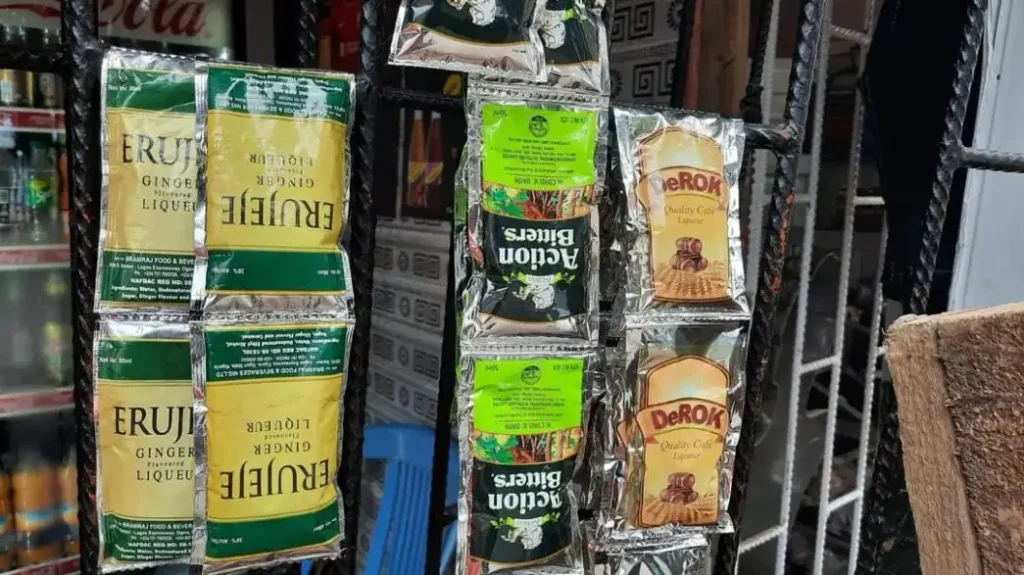The Nigerian Senate has issued a decisive order to the National Agency for Food and Drug Administration and Control (NAFDAC). The legislative body instructed NAFDAC not to grant any extension to the December 31, 2025, deadline for phasing out the production of alcohol in small sachets.
This resolution was passed following a motion of urgent national importance. Senator Asuquo Ekpenyong (Cross River South) sponsored the motion during Tuesday’s plenary session.
Protecting Public Health and Regulatory Standards
Presenting the motion, Senator Ekpenyong argued that the final enforcement aligns with global regulatory standards. Furthermore, he stated it conforms with international best practices aimed at significantly reducing alcohol-related harm among the Nigerian populace.
The lawmaker recalled a key agreement from 2018. At that time, the Federal Ministry of Health, the Federal Competition and Consumer Protection Commission, NAFDAC, and industry groups jointly signed a five-year Memorandum of Understanding (MoU). This MoU established a plan to gradually phase out alcoholic drinks sold in sachets and small bottles.
Ekpenyong explained that manufacturers had appealed for a grace period. Consequently, the Federal Government granted a one-year moratorium in 2024. This extension was intended to allow producers to exhaust their existing stock and transition to alternative, compliant packaging.
Lobbying Attempts and Social Menace
However, the lawmaker expressed concern that certain manufacturers are now lobbying the agency for another extension. He argued that granting this request would undermine regulatory authority and endanger public health. It would also perpetuate the circulation of harmful alcoholic products in the market.
“As the December 2025 deadline approaches, certain manufacturers are lobbying for another extension, thereby undermining the regulatory process and jeopardizing public health,” Ekpenyong said. “We cannot continue to expose our youths to cheap, easily accessible alcohol that destroys lives and endangers public safety.”
He warned that the continued availability of high-strength alcoholic beverages in small sachet form contributes to multiple social problems.
These include addiction, impaired cognitive development, high school dropout rates, domestic violence, and increased road accidents, particularly among young people and commercial drivers.
Ekpenyong also noted that manufacturers who complied with the phase-out agreement are now unfairly disadvantaged against those who continue to produce non-compliant products. This creates an uneven market.
Senate Demands Decisive Enforcement
Following extensive deliberation, lawmakers contributed to the motion. They commended Senator Ekpenyong for raising the critical public health issue. They stressed the urgent need for stricter enforcement and public sensitization.
Senator Anthony Ani (Ebonyi South) supported the motion. He described the easy availability of cheap alcohol as a growing social menace.
“The easy availability of cheap alcohol is fueling social vices. We must act now to save our young generation from self-destruction,” he stated.
In his final ruling, Senate President Godswill Akpabio affirmed the resolution as a timely step toward safeguarding public health and youth welfare.
He urged NAFDAC to ensure the ban is fully enforced by December 2025. Akpabio warned that any further extension would seriously undermine Nigeria’s anti-substance abuse efforts.
“This is a matter of urgency,” Akpabio said. “The agency must act decisively to protect Nigerians, especially our young people, from the dangers of unregulated alcohol consumption.”




















